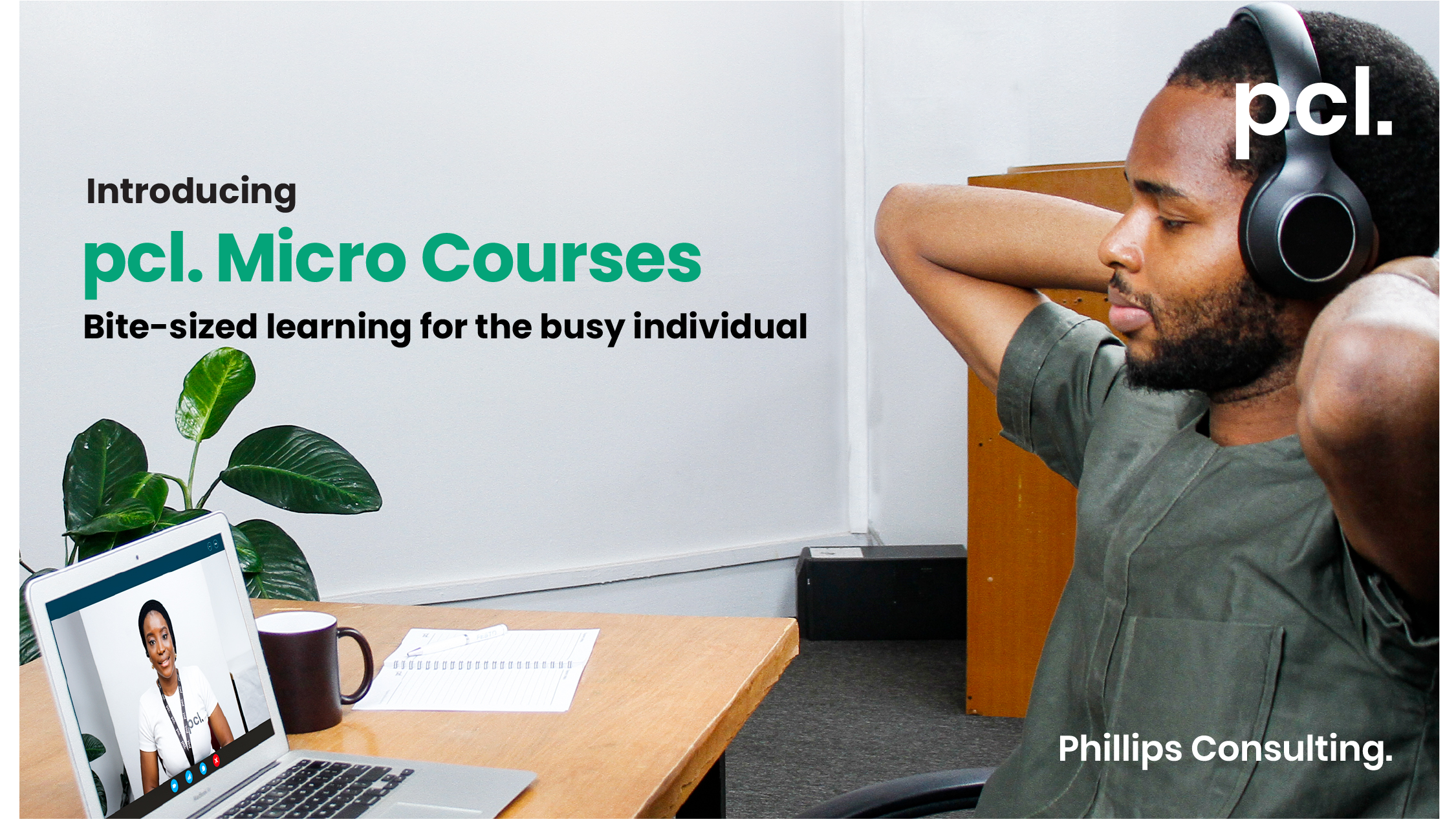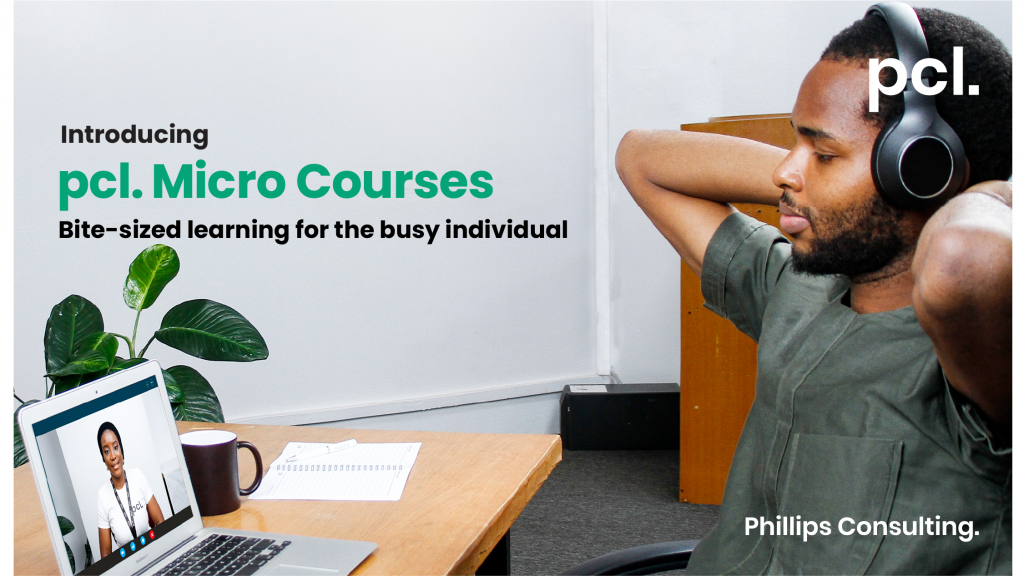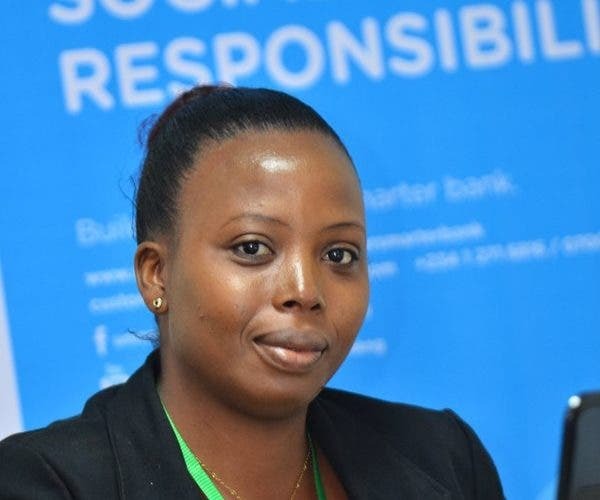The managing director of Philips Consulting, Rob Taiwo has stated that the democratization of learning is fast merging with an increasingly globalized workforce, and the future would belong to those who can learn at a pace and deliver a unique set of skills, from anywhere and to anyone.
Mr. Taiwo stated this at the launch of the Virtual Instructor-Led Training (V.I.L.T) platform tagged Micro Courses launched in Lagos recently.
According to him, “With a mission to drive the future of work in corporate Nigeria by democratizing learning, Philips Consulting has launched a bouquet of services designed to help individuals, teams, and corporates prepare for the necessary change.”
He said, “They include tools that motivate people to thrive in the workplace, whilst learning about emerging technologies of the future. Our micro-course platform was recently launched to cater to the different categories of learners in Nigeria to upskill the employed, create more employable youth, and drive national growth and business sustainability.”
Speaking at the launch, the managing director said that there is a huge window of opportunity to understand, manage, and transition into this new future that will lead the fourth industrial revolution in Nigeria. Preparing for this requires a high level of agility and responsiveness, as well as timely and deliberate actions to drive businesses forward. You must adapt and continuously innovate. Here are a few pointers that will shape our new working realities, he stated.
People need to be inspired to work in the future of work, he added. “This future is driven by a gig-economy where everyone can figure things out in a few clicks, posts, or tweets. This economy has radically reshaped the labour market, and because of this, talent is less inspired to remain committed to formal employment. The core areas of focus for employees should be the employee experience, flexible modes of work, innovative engagement, and a virtuous well-being cycle.”
According to him, people need to know “how to work” in the “future of work”. Working in a new revolution with a multigenerational workforce requires higher technical, social, cognitive, emotional, and adaptive skills. The most critical of them is the need to unlearn, learn, and iterate on the fly.
“Hybrid leaders are in higher demand than ever to tackle new and undiscovered problems. The top skills needed for this New Normal must be accessible to anyone who seeks to thrive. Therefore, people from all backgrounds and demographics must take a new approach to continuous, bit-sized, scalable, and accessible virtual-enabled learning that equips them with these new skills,” he enthused.
Mr. Taiwo said, “Nigeria was 6th in the world for the highest number of internet users in Q1 of 2020, this demonstrates that when provided with the opportunity, the ability of the average Nigerian to harness technology is beyond contestation, but such endeavour must be geared towards using digital learning to up-skill our workforce and empower entrepreneurs and startups”.
Speaking on the innovation, Fikunayomi Aluko, ProgrammeLead, Innovation & Investment at Philips Consulting said, “The mass equipping of young Nigerians with relevant and high-demand workplace skillsets will not only guarantee a bright future for the youth but a great future for the Nigerian economy.”
He said, “Businesses need to embrace accelerated digitalization: Artificial intelligence, automation and the Internet of Things have powered the greatest changes in this new world of work. While the digital transformation has created a skill shift, made processes more seamless, and redefined the expectations of employees towards work, it has also led to process complexities, cultural change, and corporate disruption,” he added.
However, the head of training at pcl. Nwaji Jibunoh said, “Given the complexities of the Nigerian environment, our services offer an opportunity for people from all walks of life to quickly develop themselves with skills that shall prepare them for the future. These services are affordable, easily accessible, and delivered by highly experienced individuals.”
Add a comment







